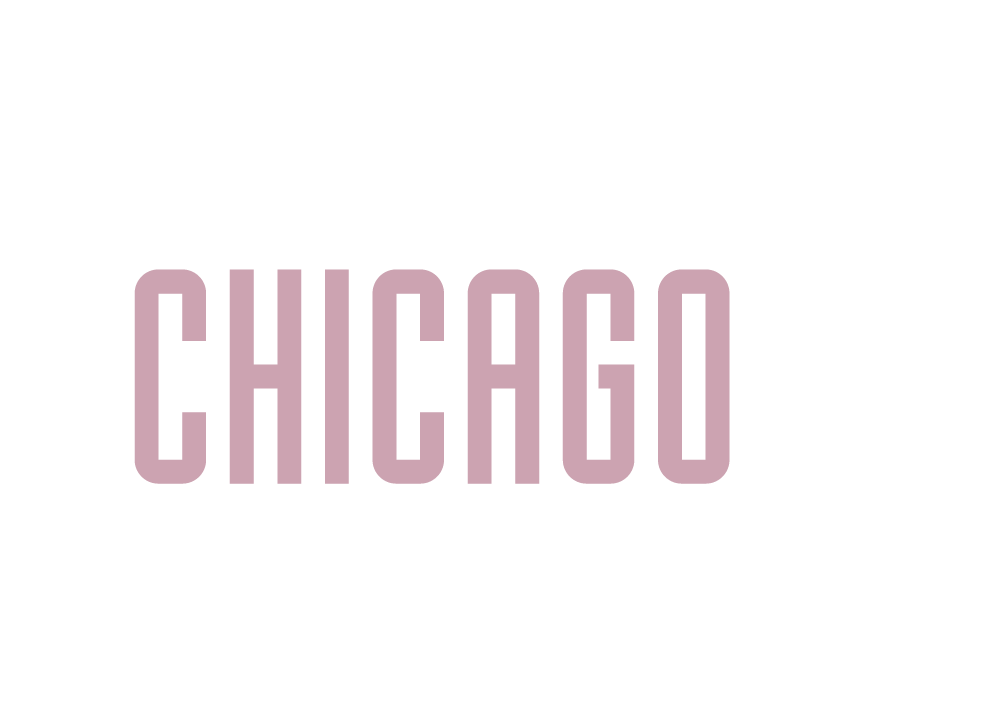Everyone feels sad sometimes, and everyone experiences horrible, unjust things. Everybody needs a way to process their emotions. We need a way to name what’s bothering us. If we can’t name it and talk about it, then it has power over us, controlling us and running us from behind. This production provides a safe space for people to sit with their losses, their fear of loss, the injustice they’ve witnessed or been subject to, or the things they feel powerless to change but know are wrong. Often, how we feel about these wrongs seems so idealistic that it’s difficult to express or even allow ourselves to feel sad for a time, to truly understand what we’re sad about, and then move on. But if we can trust it, the process can be enormously therapeutic.
Sometimes, our bodies themselves store trauma, and because of that, we can’t use our bodies freely or process the trauma effectively. Singers and dancers have made a lifelong study of using their voices and bodies to express in art what cannot be conveyed through words. In majority American culture, this is rare.
Many cultures around the world have public practices of lament which allow them to engage in this process more naturally, more freely, and more publicly than we are accustomed to, especially in times of grief and loss. These practices allow everyone to process what is happening, together. Rather than letting their losses and fears isolate them, people in these cultures are bound more closely together.
In some countries, you can wail in the town square about your losses, and people will come to your home to mourn with you or for you. But here, we often feel ashamed when our lives don’t turn out as planned. When we feel isolated, lonely, rejected, injured, or despised, there isn’t a ready way for us to share and acknowledge these feelings. When we can’t share and acknowledge them, we end up carrying them around in secret, making it easy for us to become triggered or re-traumatized, with no clear resolution.
